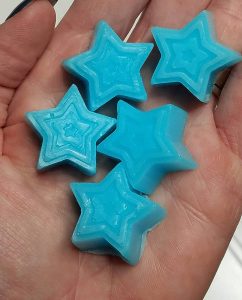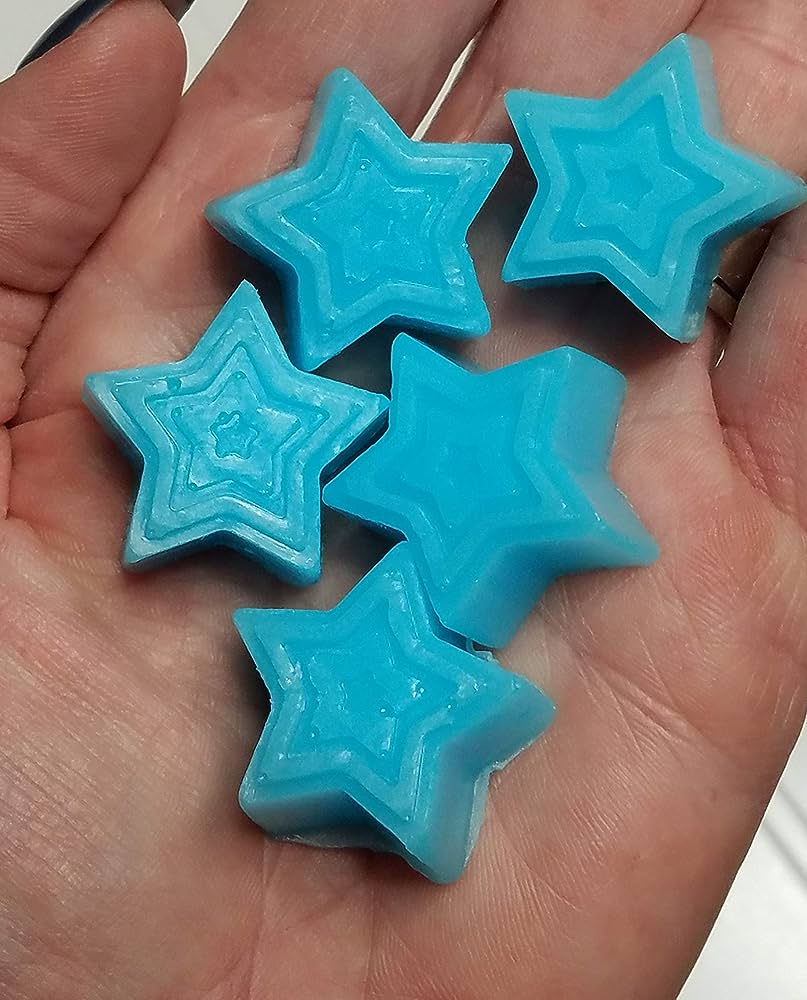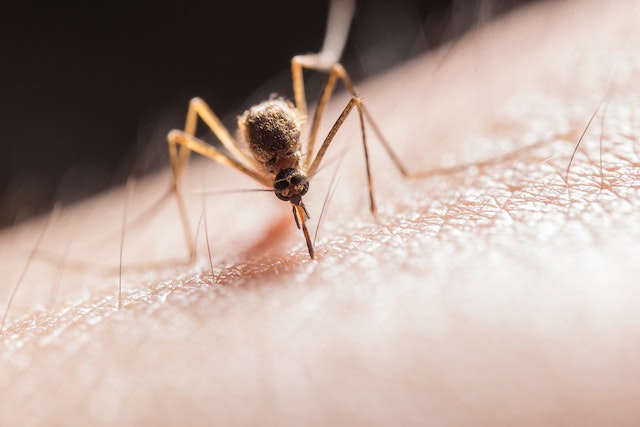Introduction: The Chemist Behind the Magic
Meet Dr. Sarah Mitchell, a visionary chemist dedicated to making the world a cleaner place. With a Ph.D. in Chemical Engineering and a passion for sustainable solutions, she’s leading the charge in turning plastic waste into liquid gold.
Understanding the Plastic Conundrum
Plastic pollution has become a global crisis, infiltrating every corner of our planet. Traditional recycling methods have limitations, and landfills continue to overflow. But Dr. Mitchell’s ingenious approach offers a ray of hope.
Our modern lifestyle has left an indelible mark on the environment. Plastic, once hailed as a revolutionary material, has now inundated our oceans, rivers, and landscapes, causing severe ecological damage. Despite recycling efforts, the majority of plastic waste ends up in landfills or worse—choking our ecosystems. The urgency to find an innovative and effective solution has never been greater.

The Alchemy of Transformation: Plastic to Soap
Dr. Mitchell and her team have cracked the code on transforming plastic into soap. Through a process known as catalytic degradation, they’re breaking down plastic polymers into valuable soap compounds. This innovation holds immense potential for reducing plastic waste.
The process is as fascinating as it is groundbreaking. Catalytic degradation involves using specialized catalysts to trigger a chemical reaction that breaks down the complex structure of plastic into simpler compounds. These compounds are then carefully crafted into soap molecules through a series of intricate steps. The result is not just soap—it’s a cleaner environment, a greener future, and a testament to human ingenuity.
Unveiling the Science Behind It
Delve into the chemical reactions that power this transformative process. Dr. Mitchell’s expertise shines as we explore how catalysts play a crucial role in turning plastic’s molecular structure into soap molecules. It’s a dance of atoms that has a lasting impact on our environment.
Imagine holding a plastic bottle in your hands. What you see as a solid piece of waste, Dr. Mitchell envisions as a collection of building blocks—carbon and hydrogen atoms arranged in a specific pattern. By introducing the right catalysts and controlled conditions, these blocks can be rearranged, forming soap molecules that can be used for a myriad of purposes.
Eco-Friendly Benefits Beyond the Suds
Discover the ripple effects of this innovation. Our visually engaging comparative table below highlights the benefits of turning plastic into soap, showcasing its superiority over conventional recycling methods:
| Feature | Plastic-to-Soap Conversion | Traditional Recycling |
|---|---|---|
| Waste Reduction | Significantly reduces waste | Limited impact |
| Energy Consumption | Low energy requirements | High energy consumption |
| Resource Conservation | Utilizes plastic waste | Limited resource reuse |
| Product Versatility | Creates valuable soap products | Downcycled materials |
| Environmental Impact | Reduces pollution | Variable results |
Making Sustainability Accessible
Dr. Mitchell’s work isn’t just confined to the lab. She’s collaborating with local communities to implement plastic-to-soap conversion on a broader scale. Her mission? To empower individuals to contribute to a greener future.
Imagine a world where every plastic bottle, bag, and container could find new life as a sustainable soap product. It’s a vision that’s quickly becoming a reality, thanks to Dr. Mitchell’s dedication and the power of science.
A Call to Action: Join the Movement
You don’t need a Ph.D. to make a difference. Embrace sustainable choices in your daily life. Support initiatives that promote plastic waste reduction and eco-friendly alternatives. Together, we can amplify the impact of Dr. Mitchell’s pioneering solution.
Consider the small changes you can make today—choosing products with minimal packaging, opting for reusable items, and spreading awareness about the importance of responsible consumption. By collectively embracing these practices, we can extend the life of plastic beyond its original purpose, transforming it into something valuable once again.
Conclusion: Shaping a Cleaner Tomorrow
Dr. Sarah Mitchell’s groundbreaking work exemplifies the power of innovation in tackling our planet’s most pressing issues. As we move forward, let’s remember that every plastic item has the potential to be transformed into something valuable—a reminder that with the right chemistry, we can turn trash into lather and create a brighter future.










